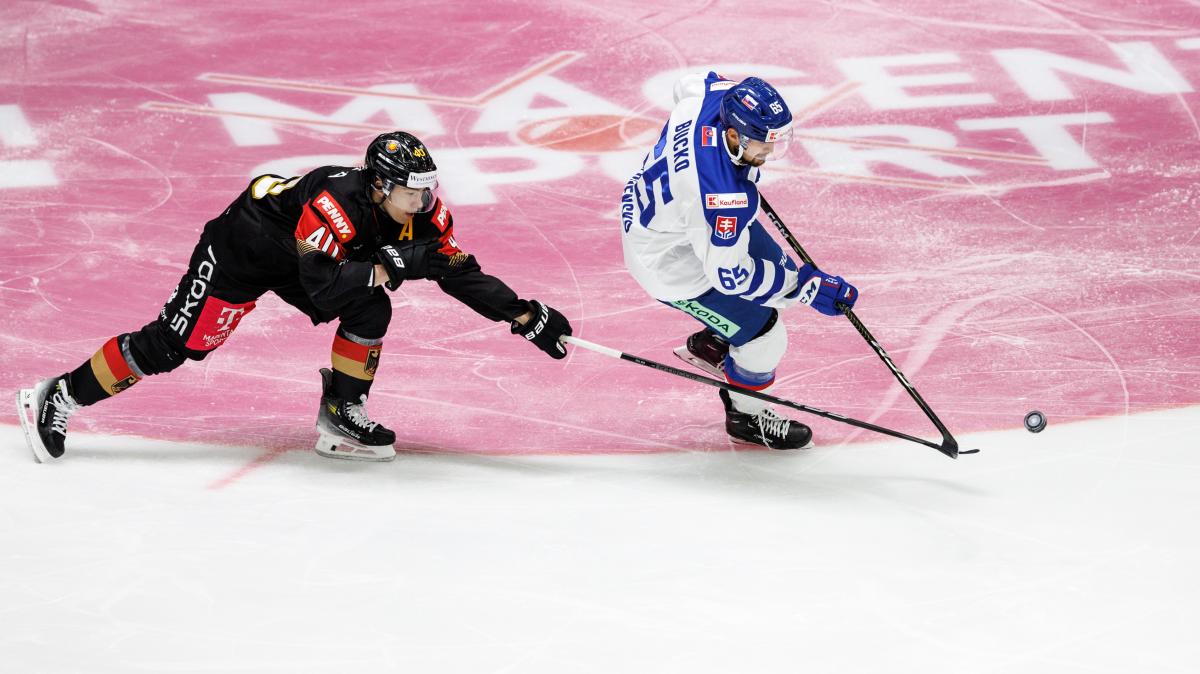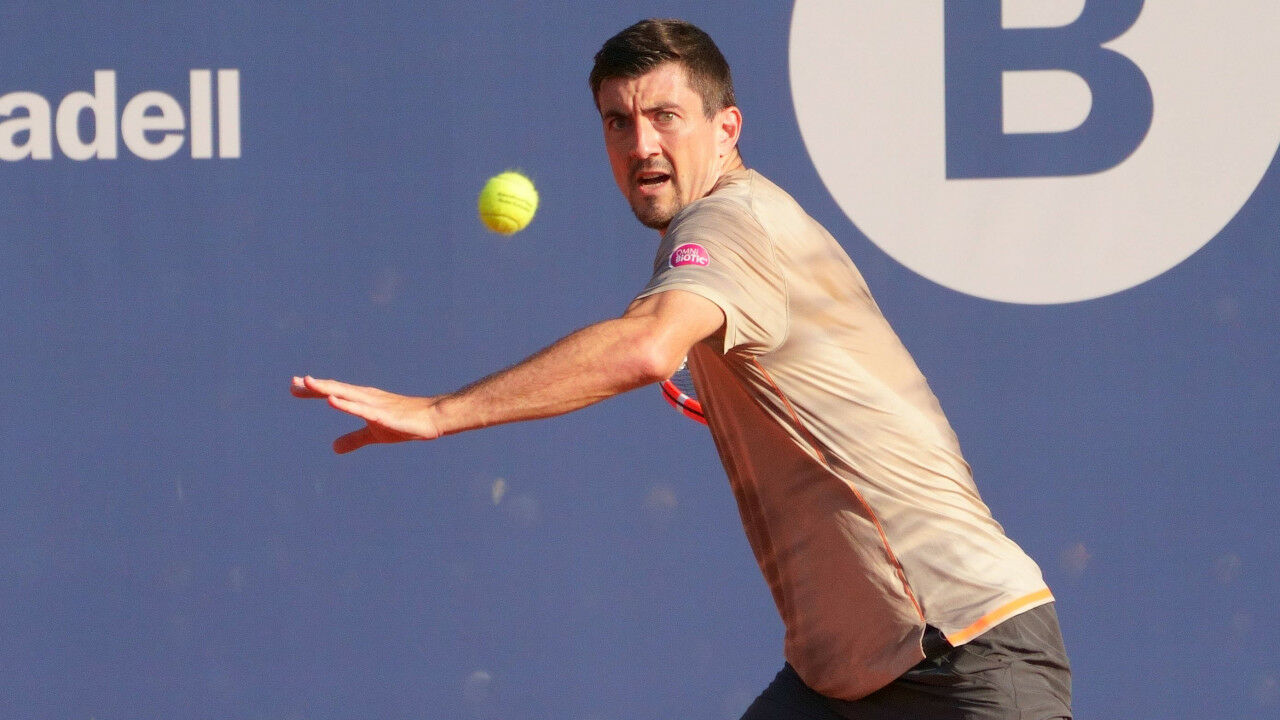MUNICH / DÜSSELDORF (dpa-AFX) – Whether it’s a picture of a champagne glass or a “Happy New!” video: Internet users in Germany used much more data at the turn of the year than at the beginning of previous years. The cellular phone volume of telefónica’s o2-branded provider reached 382,000 gigabytes between midnight and 1 a.m. on January 1, a 35 percent increase over the same period a year earlier, the company announced Tuesday in Munich. There has also been strong growth in previous years.
One reason is that o2’s cellular network is better than it used to be, so data can be transferred quickly and easily in many places. In addition, more data-intensive applications play a role.
Rival Vodafone (Vodafone Group) also recorded higher data volume, in the period from 8 pm to 3 am, it was an eight percent increase in mobile connections and 10 percent in fixed network compared to the same period the previous year. In the first hour of the year, the increase in mobile connections was only 1 percent (to about 200,000 gigabytes). Static network development is pretty cool: Compared to New Year’s Eve 2019/20 – that is, before the pandemic – data usage in the local fixed network is now 60 percent stronger. The reason is: Instead of going to New Year’s Eve parties, people stayed at home or visited friends and family – and connected via WiFi.
However, it is not entirely clear why Telefónica’s mobile data volume increased so much more aggressively in the first hour of the new year than its rival Vodafone. One reason may be that o2 has caught up significantly in terms of mobile network coverage – Telefónica’s customers in many places had better networks than before and were therefore able to download large amounts of data quickly or stream it seamlessly.
Vodafone has also improved its mobile network, but the coverage advantage over CO2 with the 4G radio standard is smaller than it used to be. One of Vodafone’s strengths is the fixed network, as Vodafone offers its own gigabit lines. For Telefónica, on the other hand, the fixed network is not of central importance – residents of Munich do not have their own lines, they only rent them.
Deutsche Telekom announced that the volume of data used in its mobile network on December 31, 2021 and January 1, 2022 was about a third higher than the same days in 2020/21. Competitor growth Vodafone and Telefónica were similarly high during this period (Vodafone 30 per cent; Telefónica 35 per cent). Telekom has not provided any comparable information about the first hour of the new year.
Recalling the New Year, Vodafone Germany President Hannes Ametsreiter says, “We’ve been sending our friends, relatives and colleagues our New Year wishes more than ever through video calls, photos and audio notes.” Since people mostly log into their home WLAN using smartphones, tablets and laptops, data growth in the fixed network has been many times greater than in the mobile network, says Ametsreiter.
Marcus Haas, President of Telefónica Germany, expects the desire for data to continue to grow. This will also be able to satisfy in the future by offering tariffs with large data packets and continuing to invest in the mobile network. Vodafone and Germany’s third mobile operator, Deutsche Telekom, want to spend a lot of money on their networks. /wdw/DP/jha

“Total coffee aficionado. Travel buff. Music ninja. Bacon nerd. Beeraholic.”






More Stories
AMAG with sales and profits declining in the first quarter
Traditional FC Salzburg: Reaching old successes with a new coach?
Harald Wiel will take over as Group Vice President IT at Greiner from June 2024